The aftermath of the clashes in Haldwani, Uttarakhand, has left the town on edge, with authorities grappling to contain the situation. The demolition of the mosque, amidst an “anti-encroachment” drive, has ignited deep-seated tensions and triggered widespread unrest.
As the violence escalated, leading to tragic fatalities, it underscored the underlying grievances and simmering discontent within the local Muslim community. The mosque demolition has been perceived as a blatant act of discrimination and religious persecution, exacerbating communal divisions and fueling resentment.
In the wake of the clashes, authorities have imposed stringent measures, including a curfew and “shoot at sight” orders, to restore law and order. However, the heavy-handed response risks further inflaming tensions and exacerbating the sense of injustice among the affected communities.
Moreover, the timing of the incident, coinciding with the recent passage of the Uniform Civil Code (UCC), has added another layer of complexity to the situation. The contentious implementation of the UCC, perceived as an encroachment on religious freedoms, has deepened the sense of alienation and marginalization among the Muslim population in Uttarakhand.
In this charged atmosphere, there is an urgent need for dialogue and reconciliation to address the root causes of the conflict and foster a sense of inclusivity and belonging among all communities. Only through genuine efforts towards understanding and mutual respect can lasting peace and harmony be restored in Haldwani and beyond.
The clashes have not only exposed fault lines within the local community but also raised broader questions about religious freedom and minority rights in India. The demolition of the mosque has reignited concerns about the vulnerability of religious minorities and their right to practice their faith without fear of persecution.
Additionally, the heavy-handed response from authorities has sparked criticism from human rights organizations and civil society groups, who have called for a transparent investigation into the events leading up to the clashes and accountability for any excessive use of force.
Furthermore, the situation in Haldwani has garnered attention at the national level, with politicians and activists weighing in on the need for a peaceful resolution to the conflict. Calls for dialogue and engagement have been echoed across the political spectrum, emphasizing the importance of finding common ground and addressing grievances through democratic means.
In light of these developments, there is a pressing need for state and central governments to prioritize the protection of minority rights and uphold the principles of secularism and pluralism enshrined in the Indian Constitution. This includes taking concrete steps to address systemic inequalities and discrimination faced by marginalized communities and ensuring that all citizens are treated with dignity and respect, regardless of their religious or cultural background.
Ultimately, the resolution of the conflict in Haldwani will require a concerted effort from all stakeholders, including government authorities, community leaders, and civil society organizations. By working together to promote tolerance, understanding, and mutual respect, we can build a more inclusive and harmonious society where all individuals can live and worship freely, without fear of persecution or discrimination.

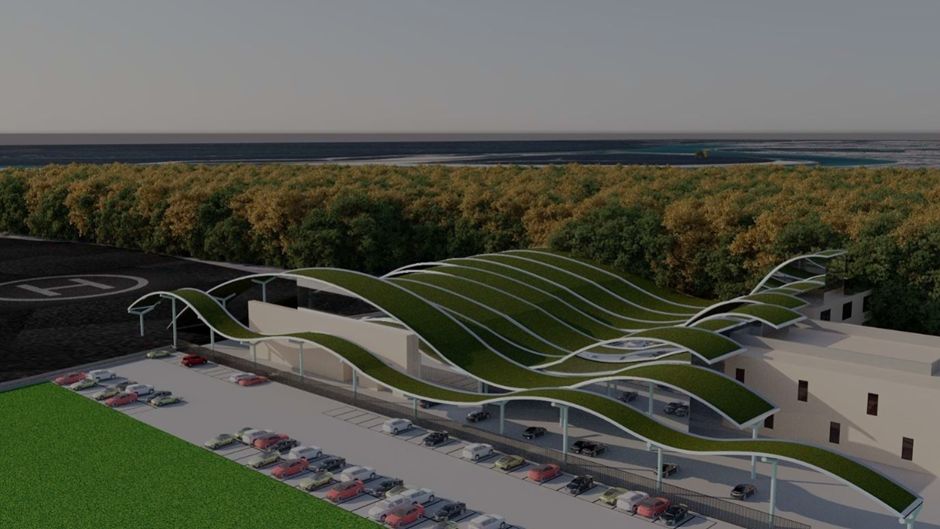
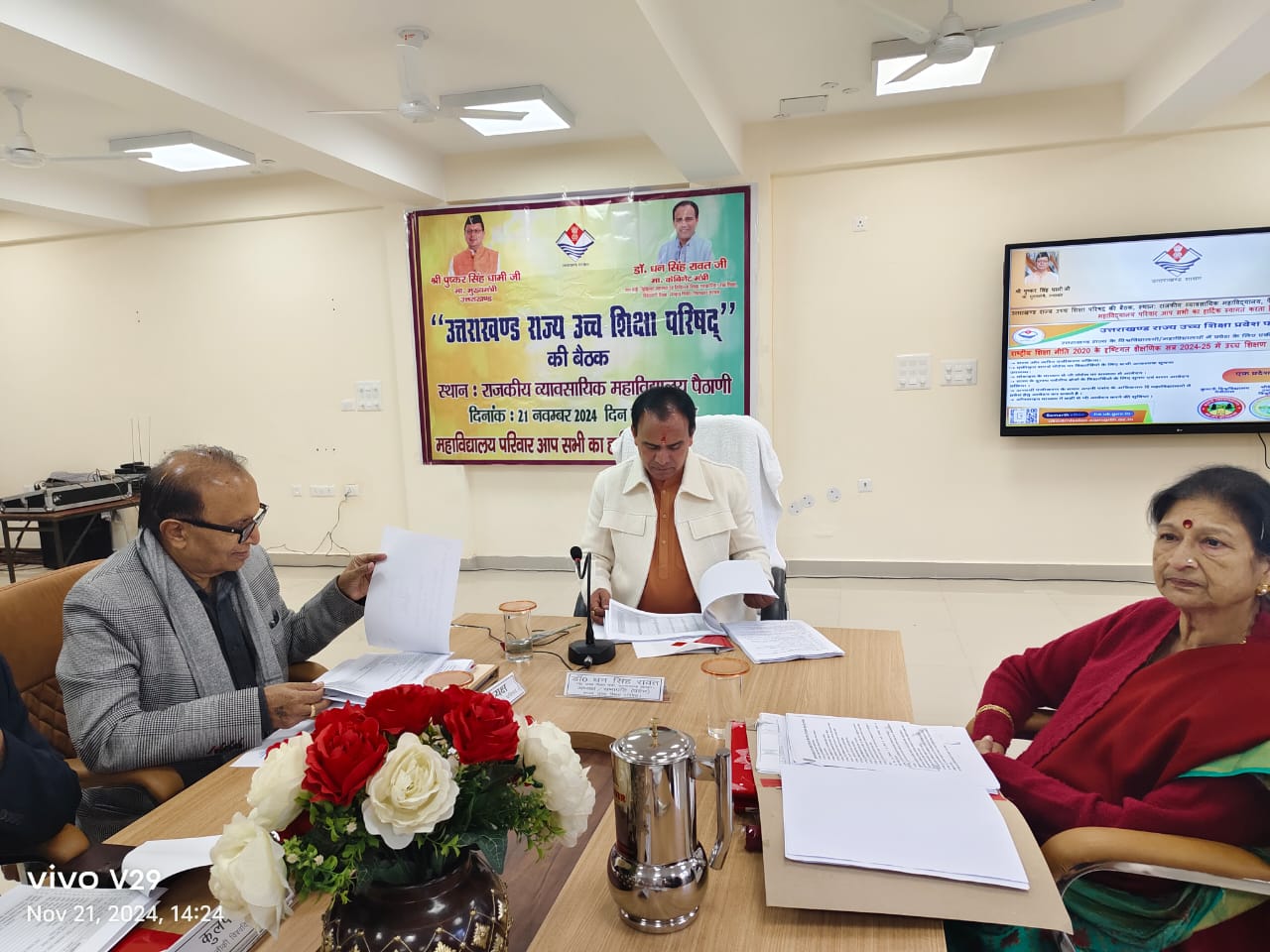



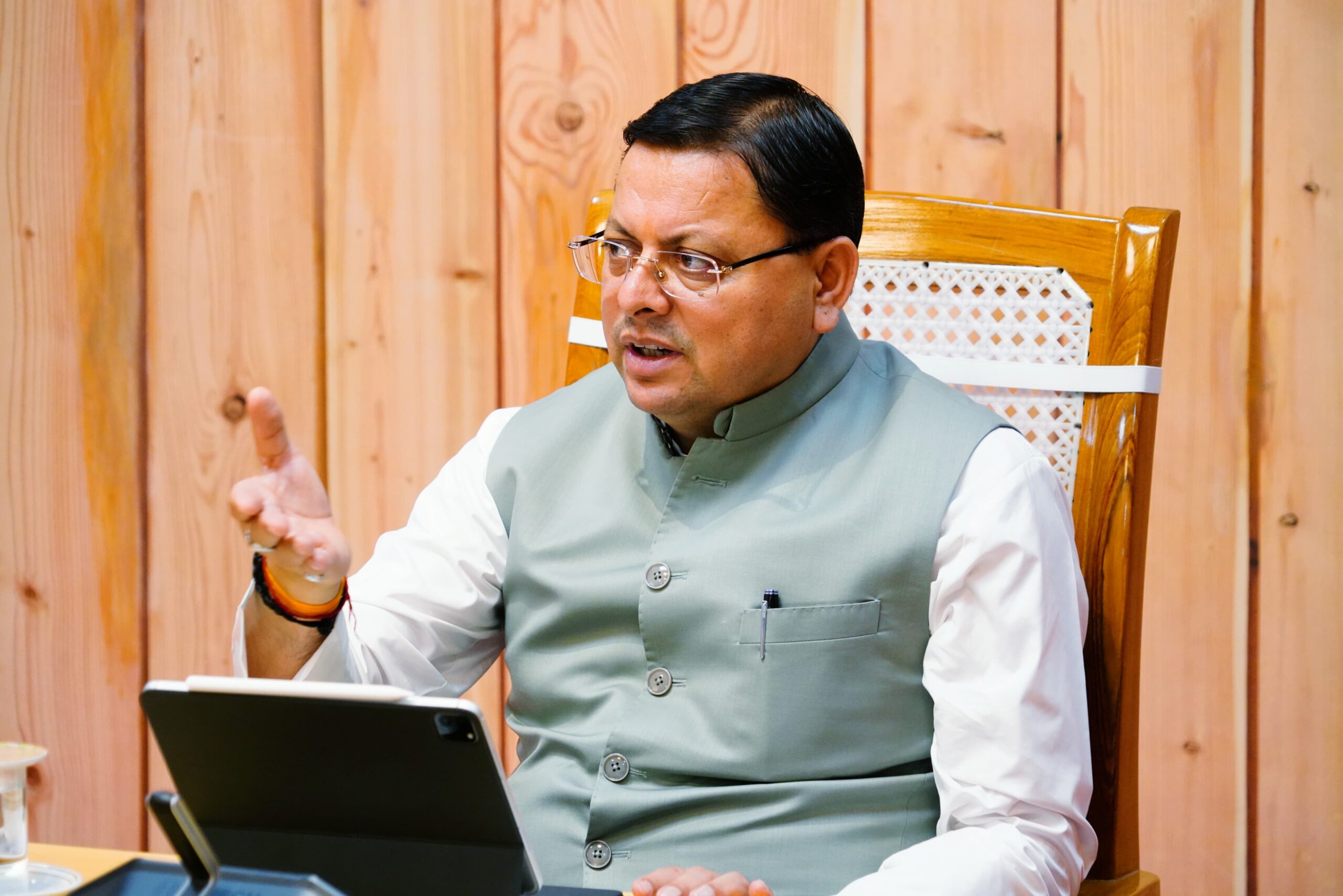

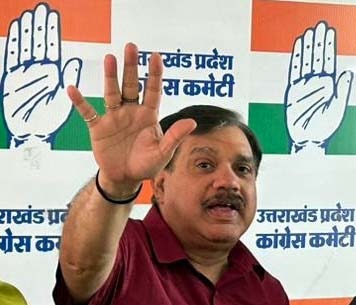
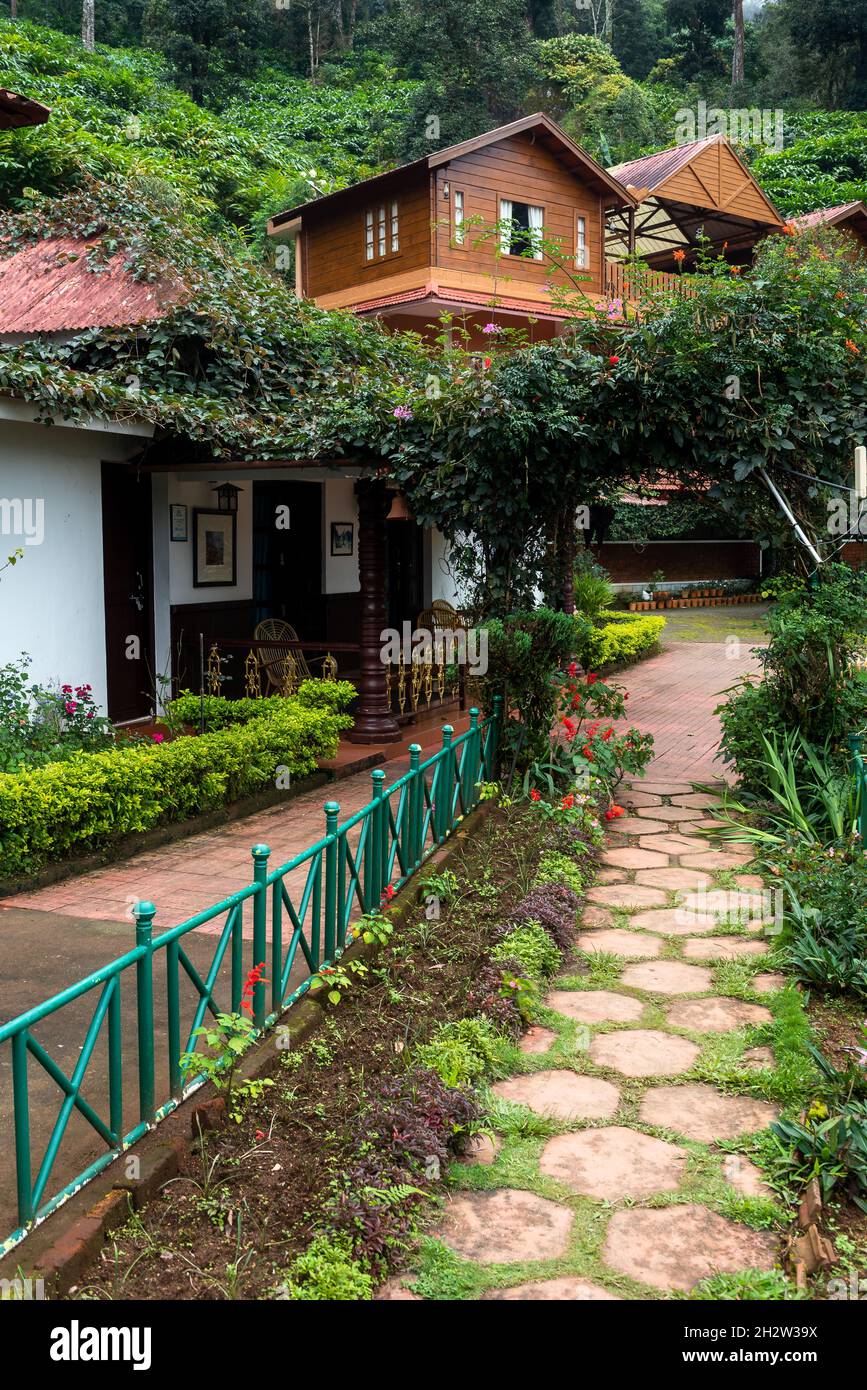
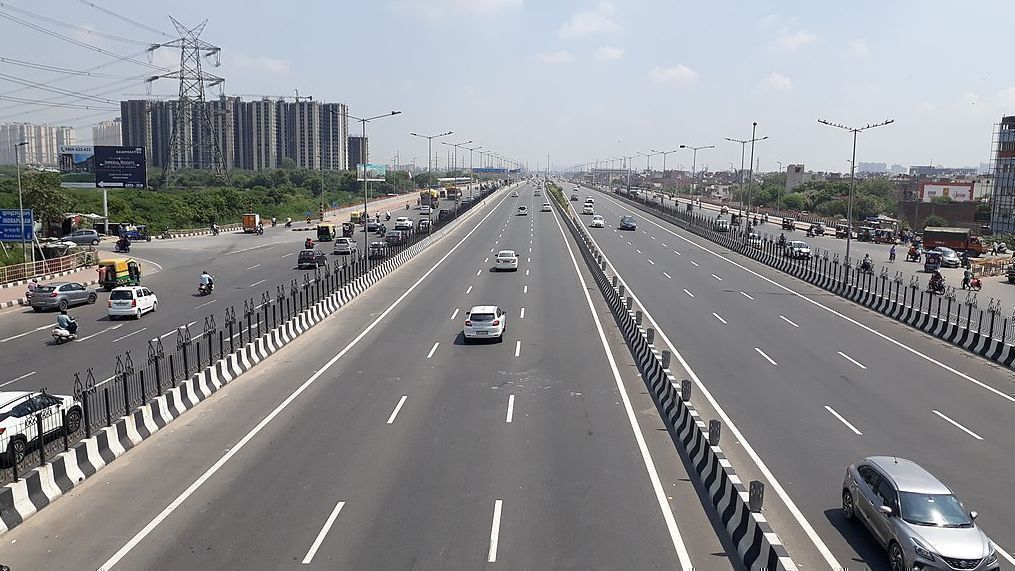
Leave a Reply